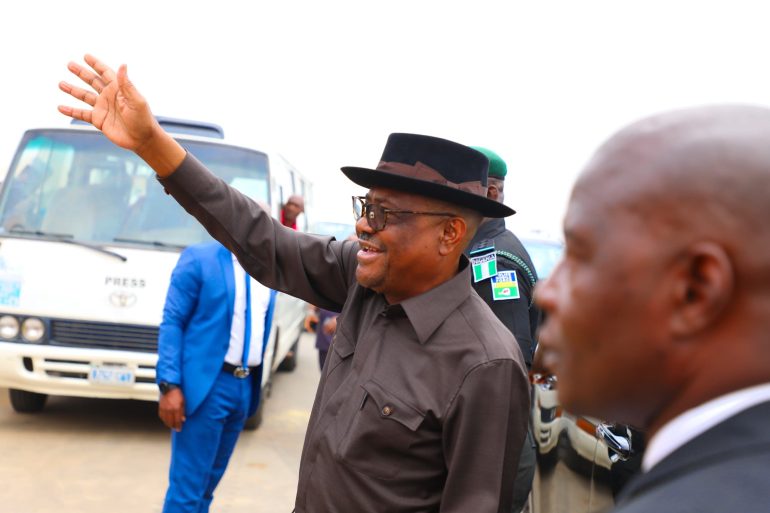Listeners:
Top listeners:
-
play_arrow
104.9FM Best rock music demo
-
play_arrow
Demo Radio Nr.1 For New Music And All The Hits!
-
play_arrow
Demo Radio Techno Top Music Radio
-
 play_arrow
play_arrow
Police Commissioner Launches Weapon and Riot Control Training for FCT Officers Democracy Radio
Abuja Youths Trained in Leadership, to Mark International Youth Day
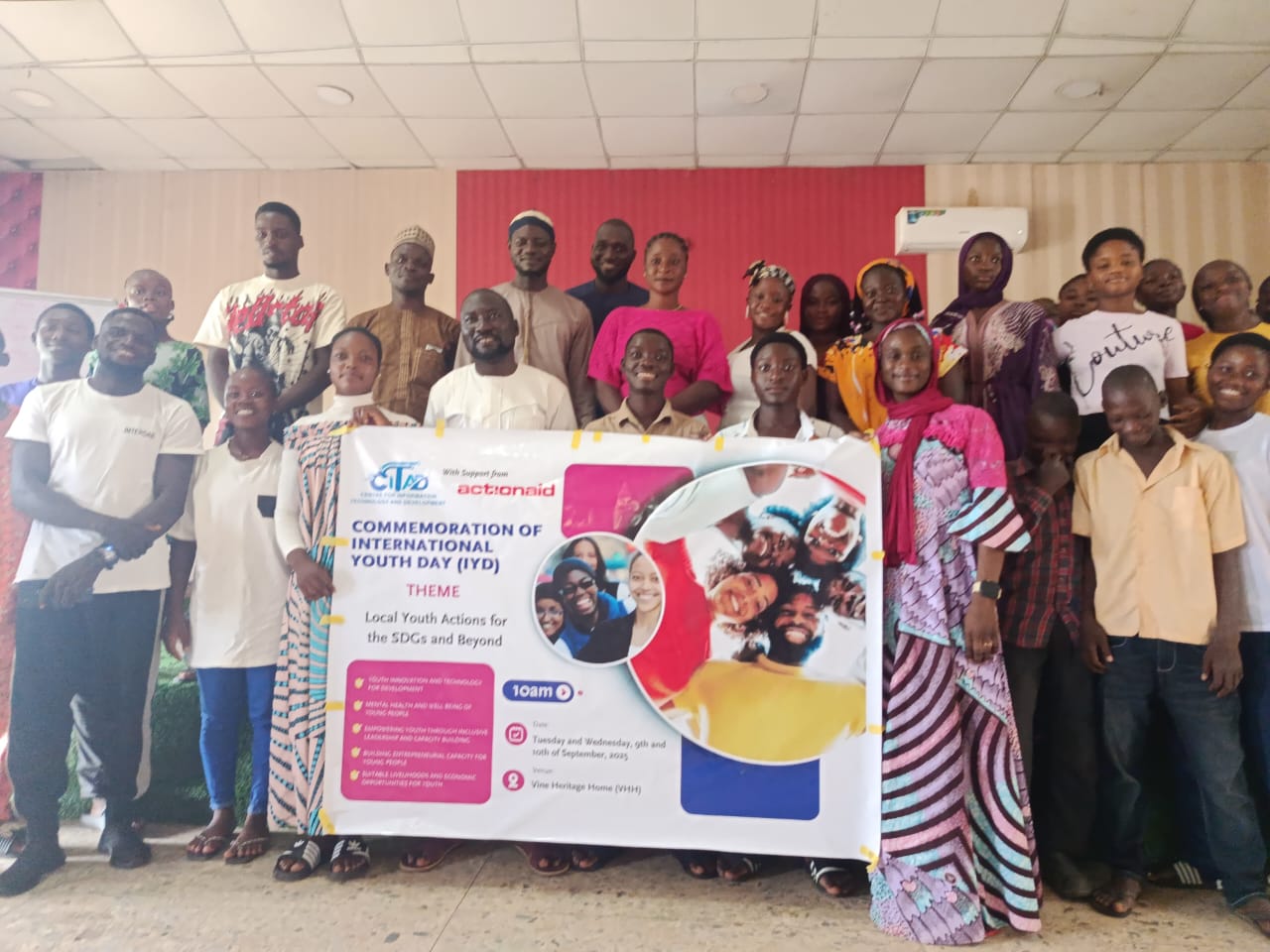
By Julian Osamoto
Fifty young people from across five communities in the Federal Capital Territory have received training in leadership and advocacy, as part of activities marking this year’s International Youth Day.
The capacity-building programme, organised by the Centre for Information Technology and Development (CITAD) in Abuja, brought together participants from Divine Heritage Home in Gwagwalada as well as youths from Tukuchi, Kayeche, Kuchibugi, and Gofidna communities in the federal capital territory.
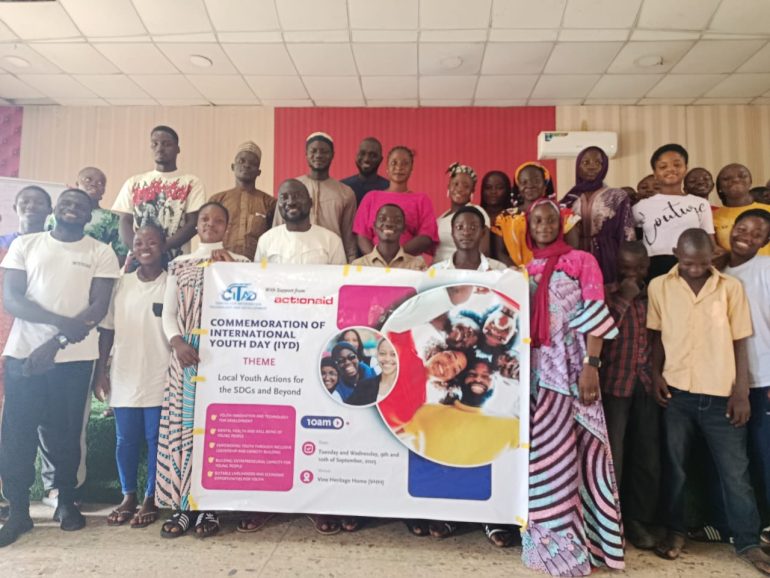
Program Officer and Team Lead at CITAD, Yesmin Salako, said the initiative was designed to strengthen the role of young people in driving change at the grassroots.
“Most of the participants are already community champions in their own spaces. What we are doing is to build on their leadership and advocacy skills so they can better demand accountability from government and address challenges like poor schools, bad roads, and weak health systems,” she explained.
Salako said this year’s theme, “Local Youth Actions for Sustainable Development,” reflects the need for communities to look inward for solutions rather than waiting endlessly on external interventions.
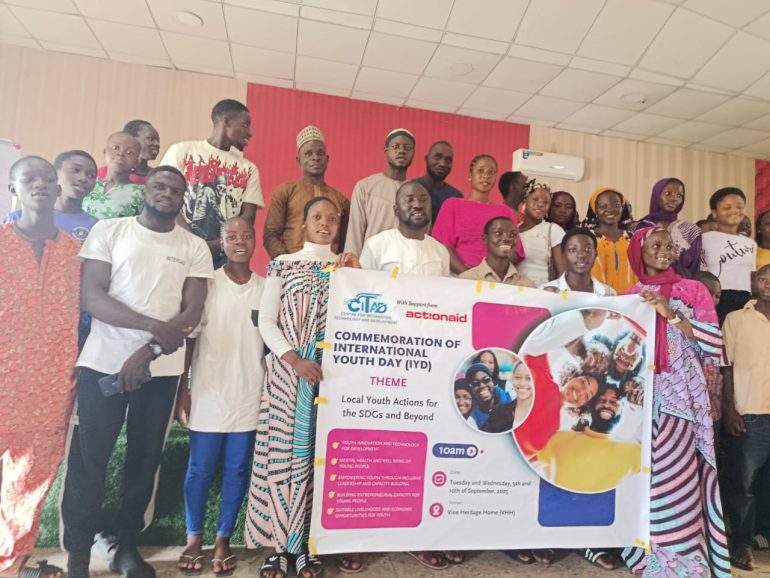
For Stephen Olushola, Founder of the Vine Heritage Home Foundation in Gwagwalada, the training is about preparing teenagers for life’s realities.
“Many of our young people face peer pressure and economic challenges. This training helps them anticipate and handle those struggles. Beyond education, we also encourage them to learn skills, because not every graduate in Nigeria gets a white-collar job,” he said.
Olushola shared the example of a former resident of the Foundation, who studied international relations but now successfully runs a boutique business, thanks to hairdressing skills she learned while in the home.
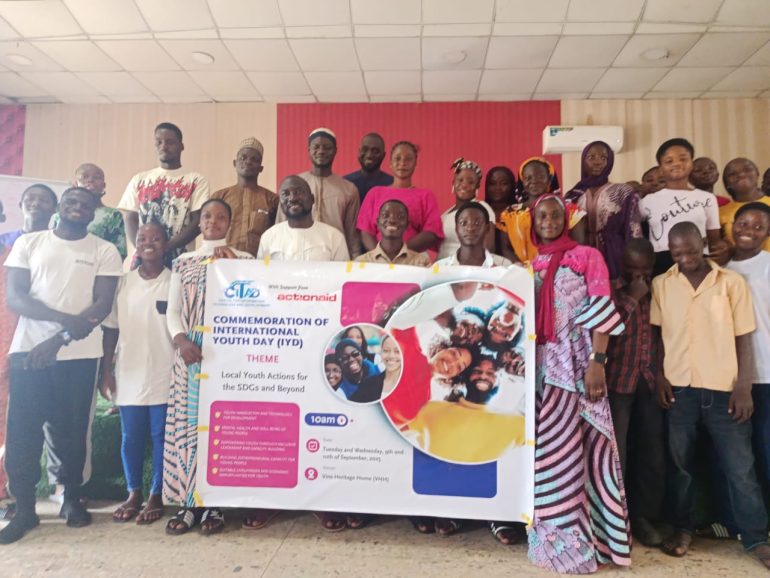
Beyond youth empowerment, Olushola also highlighted the struggles of orphanage operators in Nigeria. He lamented that most homes receive little or no government support despite catering for vulnerable children.
“Almost 80 percent of operators run without funding. These children are Nigerian children. If they are raised well, it will benefit the nation; if neglected, they risk being lured into crime,” he warned, urging government to provide financial and structural assistance.
From the community perspective, one of the beneficiaries, Tukura Alimustapha of Gofidna stressed the importance of young people rising to demand social amenities and refusing to wait indefinitely for the promise of being “leaders of tomorrow.”
“We must stand up, organize ourselves, and use education and advocacy to push for development. If our communities lack graduates or voices, we remain left behind,” he said.
Written by: Toyeebaht Aremu
#Abuja #DemocracyRadio #International Youth Day #Youth
Similar posts
Wike, Labour Call Off FCTA Workers’ Strike
By Sofiat Adenekan-Abdul The Minister of the Federal Capital Territory (FCT), Nyesom Wike, and organised labour have reached an agreement to end the strike by Federal Capital Territory Administration (FCTA) workers. The resolution followed a marathon meeting convened by the Chairman of the Senate Committee on FCT, Senator Mohammed Bomoi, […]
Copyright Democracy Radio -2024

